Coughs come on many shapes and types. There is the dry cough, the ‘phlegmy cough’, the cough caused by asthma, and the summer hay fever cough. And then the worst type, the cough that won’t go away and keeps you awake at night. If we go to the local pharmacist you can find a cough mixture for just about all of the most common coughs. But what if the pharmacist is shut for good, what can we do to self-treat that cough? I’ll outline some recipes here that can help you with some of the most common types of coughs that are easy to make up at home and effective.
1. Basic Cough Formula:
If we start with a basic cough mixture, we can add a variety of other ingredients to treat the various cough types.
Honey is the key ingredient in all of these home grown cough mixtures. Honey is a natural cough suppressant. It acts like a liner for your throat and a study has shown it to be as good a cough suppressant as the drug dextromethorphan, which is commonly used in manufactured cold and flu products. Honey also has antibacterial properties, so if you do have an infection it can also help with that.
If you don’t have honey to hand, you can use other sugary substances like molasses or brown sugar.
IMPORTANT: Before continuing, it’s important to note that you should avoid the use of honey in children under 12 months old as they can get infant botulism.
Ingredients
1 cup of honey (alternatives are molasses and brown sugar)
1/2 cup water
Glass containers with lids (as many as you need for the different cough mixtures)
To make cough syrup base
- Boil the water in a pan
- Warm the honey in a pan
- Combine the two to make the base
You can play around with the amounts. Make sure it isn’t too runny, as you’ll be adding more liquid when you make the cough mixtures.
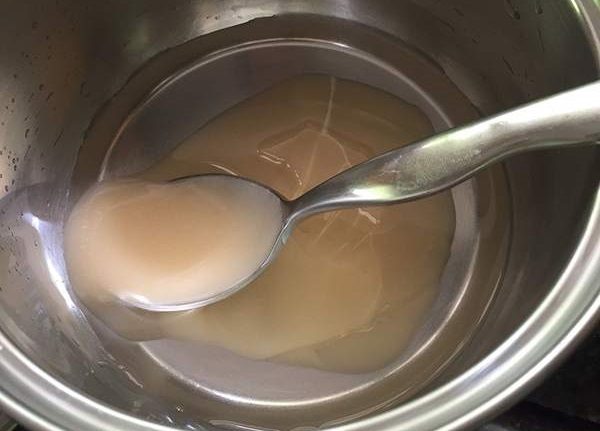
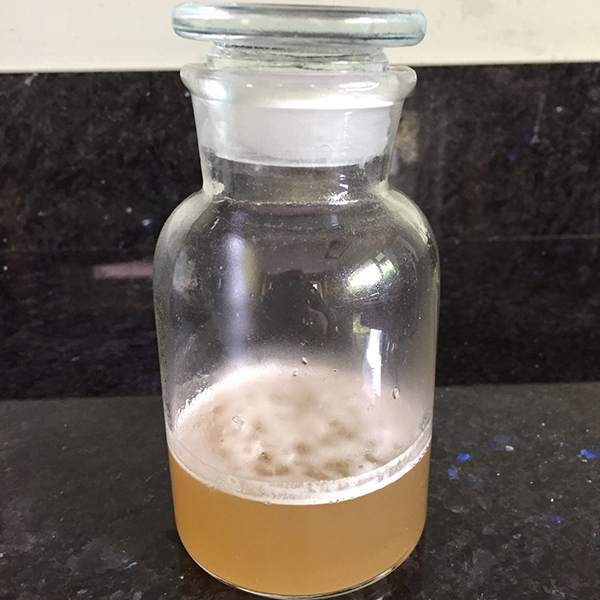
2. The Soothing Cough Mixture: Honey and Lemon:
This recipe is ideal for bedtime soothing to help with sleep and can be used with anyone over 2 years old.
Ingredients
Basic cough mixture
Lemon zest – from 2 lemons
Several teaspoons lemon juice (to your taste)
¼ cup peeled and sliced ginger or ¼ teaspoon ground ginger
To Make
In a small amount of water boil up the ginger and lemon zest for a few minutes. Strain this mixture to remove the bits. Add this strained water and the lemon juice to the basic cough mixture and mix.
3. The Expectorant (and Inflammatory Respiratory Disease) Cough Mixture: Licorice Root
This one is for that phlegmy cough. Licorice root acts as an expectorant and breaks up mucus. Licorice contains a chemical known as glycyrrhizin. As well as giving licorice its sweetness, glycyrrhizin also acts as an anti-inflammatory and is good for inflammatory respiratory diseases as this study shows.
Ingredients
Basic cough mixture
1 tablespoons dried licorice root
1/4 cup water
To Make
- Boil the licorice root in the water and leave to stand for about 15 minutes
- Strain the licorice water
- Add to the honey mixture and mix
Licorice Tea
Alternatively, you can make a tea from the licorice root by boiling up the dried root in some water – after boiling and leaving to steep for 15 minutes, strain the water and drink like a tea.
4. The Cough with a Sore Throat Cough Mixture:
Thyme is the key ingredient of this cough syrup. Thyme has many healing properties including giving your immune system a boost as it is full of vitamin C. So this cough remedy is particularly good if the cough comes with a cold. It also has thymol, which an antiseptic so its really good for a sore throat.
Remember – coughing isn’t always bad. It’s the body’s mechanism for clearing the airways, so you only need to suppress it when it becomes very irritating stops you sleeping or starts to hurt.
Ingredients
Basic cough mixture
Sprig of fresh thyme (or some dried thyme)
1/4 cup water
To Make
- Pick off the leaves from the sprig of thyme and place in a pestle and mortar
- Lightly bruise the thyme to release the active ingredients
- Add boiling water to the thyme and leave to steep for about 15 minutes
- Decant the water or strain into the basic cough mixture and mix
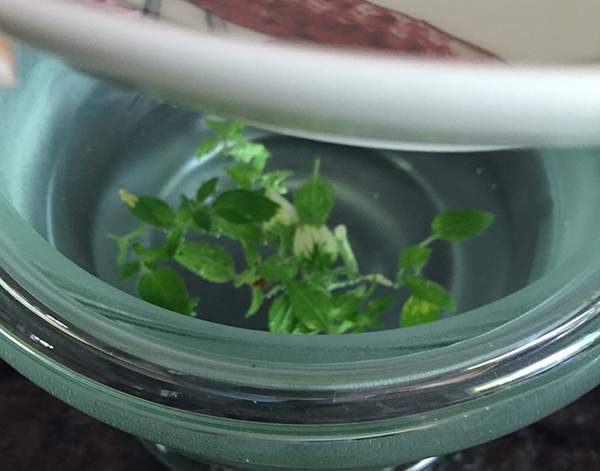
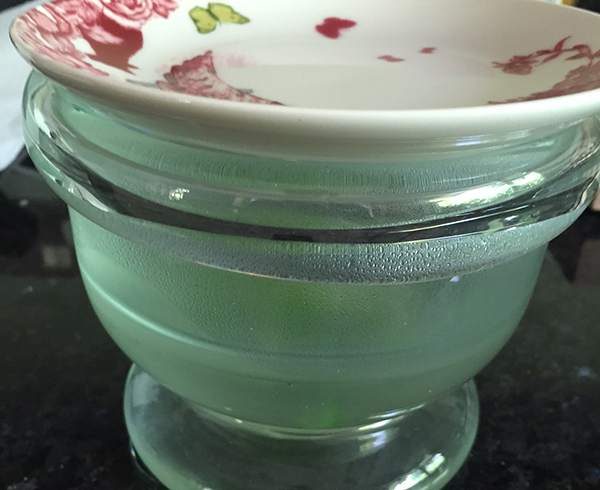
You may also like:
 How to Heal Cavities After the SHTF
How to Heal Cavities After the SHTF
Do You Make These Fatal Mistakes In A Crisis? (video)

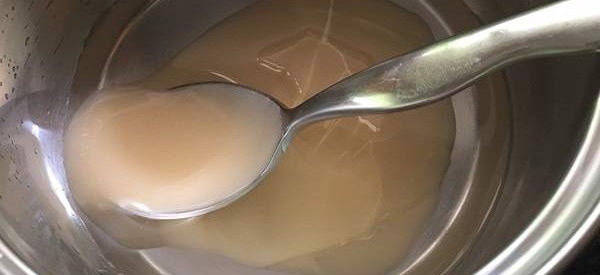










Could you combine the formulas and get the benefits of all?
If honey is antobacterial, how can it give an infant botulism? Perhaps the study/ies which drew this correlation used bad-quality honey, boiled, filtered and diluted with high-fructose corn syrup. Have you investigated the reliability of the source which began the belief that honey can give an infant botulism? Perhaps it was from the researcher with the botoxed face who gathered the data?
Infants do not digest or absorb food the way older children and adults do…thats why you do not feed them solid food or cows milk before 1 yr. These studies have been conducted over the past 100 yrs. It doesnt matter what kind of honey, it has the botulism,,,you.as an adult.can process with enzymes your body now possess.
Anti bacterial properties of honey have nothing to do with botulism poisoning. Botulism comes from a spore – and creates poison metabolites- which is what kills. Infants less than a year old do not have adequate body weight to fight the toxins created by botulism spores.
Fifty years ago when my daughter was born her pediatrician and I tried many different methods to get rid of her colic and upset stomach. Started with breast milk, every baby formula on the market at that time, fresh goats milk, etc. None of these worked. I finally gave her non fat cows milk and she thrived into a happy and healthy baby despite her pediatrician’s negativity for this product.
It’s a well known fact for hundreds of years, honey isn’t pure enough for babies under 1 year.
Honey, thyme, and licorice root are all well and good, but an article on cough syrup is woefully incomplete with no mention at all of papaver somniferum and how to use it. In a SHTF situation, it might be the only thing available that’ll work on a severe cough.
With all do respect, there are a lot of herbs that can be used for a severe cough besides opium poppy (papaver somniferum).
there was no mention as to how much of this mixture should be taken at a time 10 ml one ///// tablespoon a tad bit more information please. I really would like to try these.
Came across this article and thought I’d reply.
To “Happy”, dosage of homemade herbal medicines can be tricky due to inaccurate measurements of ingredients. A trained herbalist will measure the amounts of materials used and keep records in it’s effectiveness. Herbs can also vary in strength from year to year. The article is correct in saying to either bruise your herbs or grind them into a powder to increase the surface area for the menstrum (liquid) to extract as much of the constituents from the herbs being used. Roots in general will need more time to steep vs leafy material.
Now back to dosing. Might be a little hard to answer due to the differences in body weight in a child, an adult, and someone that’s morbidly obese. Also on how bad the cough maybe. But a good starting point with these simple syrups would be 1 tsp 3x/day for a child. You can do 1 tbs 3x/day for an adult. The frequency of dosage can be increased again depending on the effectiveness of the cough mixture. Every 4 hrs while awake maybe necessary with some irritating achy type coughing symptoms.
I’m surprised that no one has asked how long will these mixtures last? Well, if kept refrigerated it should be good for 4 -6 weeks. Some people like to warm the syrup before using. But I personally think that cold is more soothing. Honey maybe antimicrobial, but without an alcohol content of at least 20% it will go bad and not be something I would keep for long. If you want to make a cough syrup that would last much longer I’d go with making a tincture with alcohol or glycerine and use that.
Just my two cents.